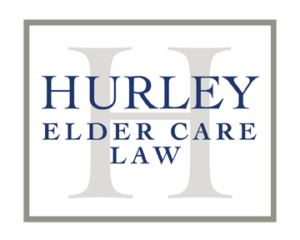Dementia
The holiday season is often a stressful time for those with dementia and their caregivers. The celebrations, decorated spaces, visitors, and interruptions in routine can leave those with dementia feeling agitated, confused and overstimulated. The caregivers are often frustrated and anxious. The Alzheimer’s Association offers the following guidelines to minimize discomfort during this time of…
Read MoreNot all persons who have Alzheimer’s disease are alike, making it difficult for both the family and doctors. Knowing the various signs or stages of the disease helps one to cope and offer the most effective help. There are seven stages of the disease, as follows: Stage One has no signs. The disease is undetectable.…
Read MoreThere is an opportunity to take a 10-minute online test, part of a research study to understand how memory changes as people age and how genetics are involved in the process. The goal is to learn more about the connections between memory and aging and to be able to understand brain disorders, such as Alzheimer’s…
Read MoreDo you ever get confused and call Bill’s room John’s? Sometimes, our memories get all mixed up, especially in homes we have lived in for a long time and children have switched rooms. Do you say: “Susie, I mean Mary, I mean Joanie, dinner is ready.” “Oh, what’s your name?” Don’t be concerned, this…
Read MorePrimary-care doctors have a free online toolkit to aid them in detection and diagnosis of cognitive impairment, dementia and Alzheimer’s disease. Developed by the Gerontological Society of America, the toolkit model is named KAER, a four-step method. Step one is KICKSTART, an introduction about memory loss to patients and families. Step two is ASSESS, in…
Read MoreThickened liquids have become a part of standard care for dementia patients, but there is evidence that this may not be the best course of action.
Read MoreSubscribe to our blog and monthly newsletter.











